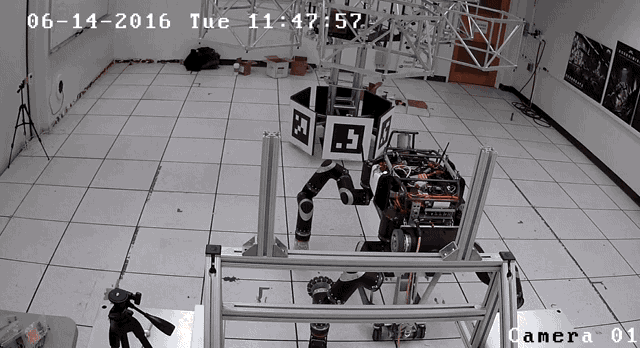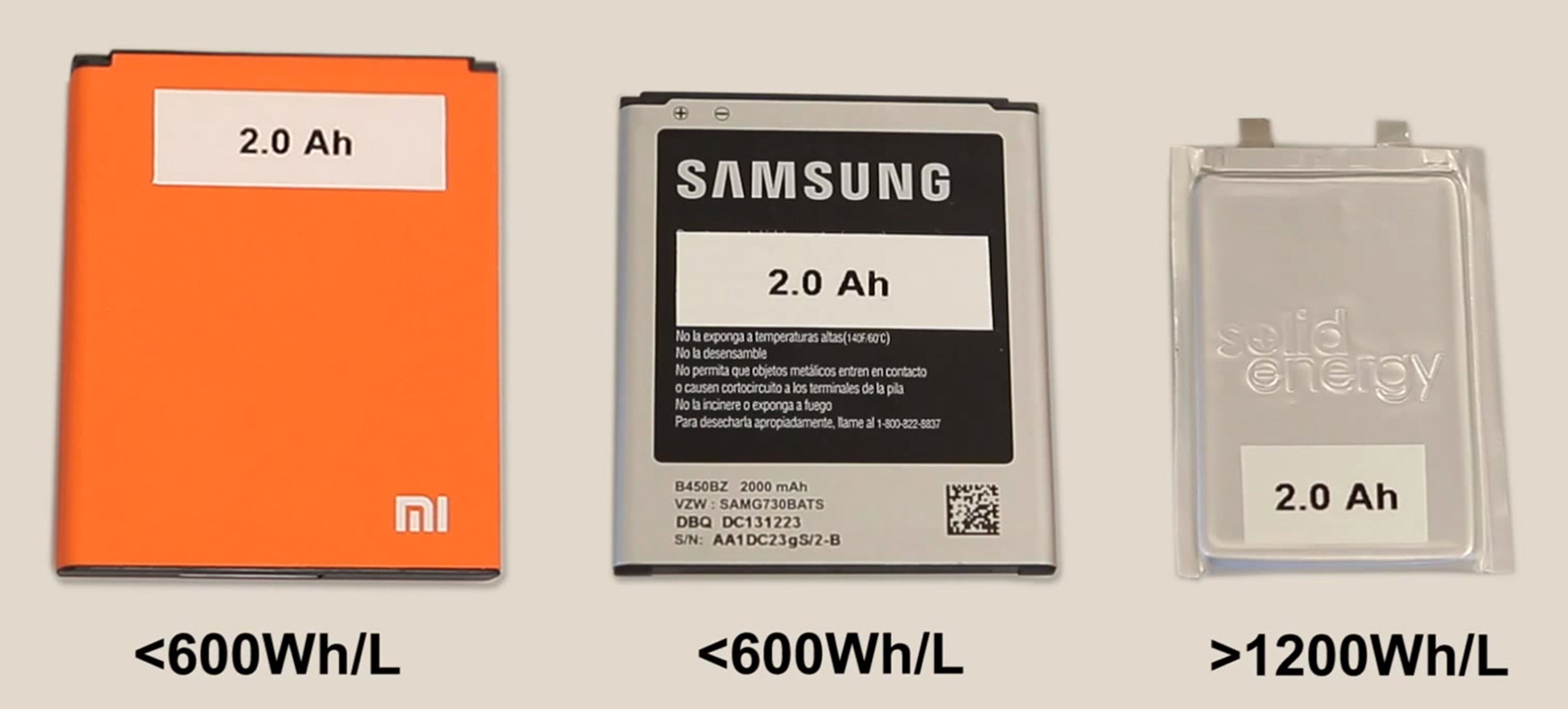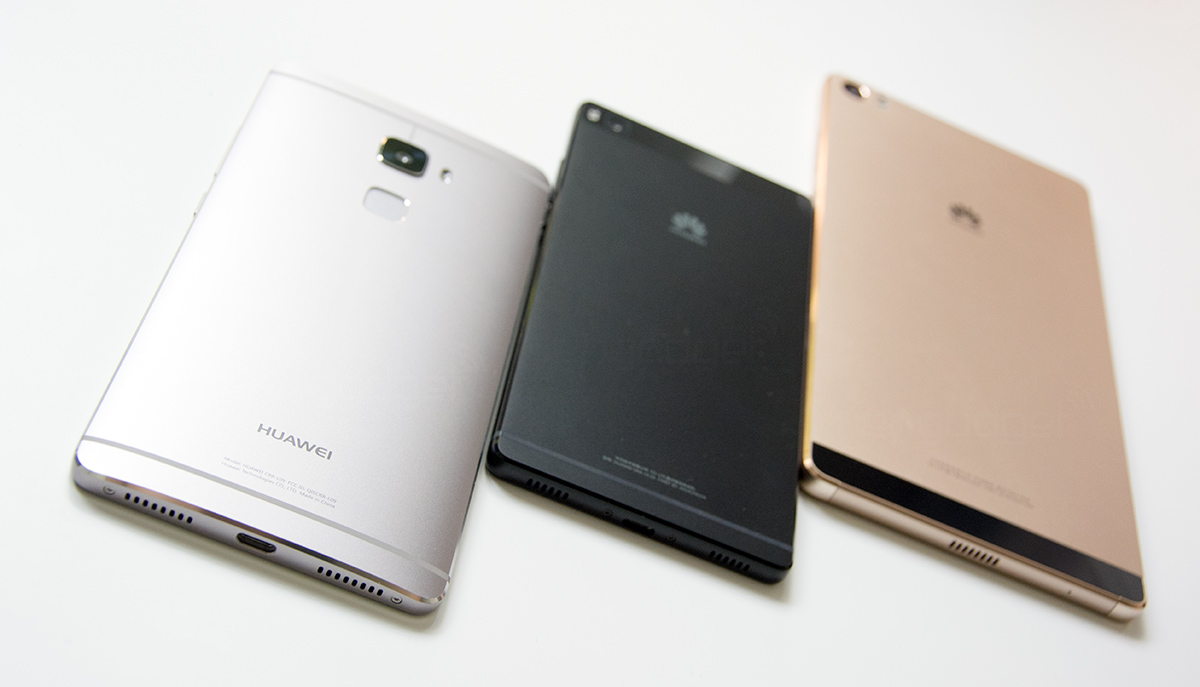
Supercapacitors are often hailed as the holy grail of power supplies, but a group of researchers at the University of Illinois have developed a lithium-ion microbattery that leaves that prized solution in the dust, recharging 1,000 times faster than competing tech. Previous work done by Professor William P. King, who led the current effort, resulted in a fast-charging cathode with a 3D microstructure, and now the team has achieved a breakthrough by pairing it with an anode devised in a similar fashion.
The resulting battery is said to be the most powerful in the world, avoiding the usual trade-off between longevity and power while having a footprint of just a few millimeters. By altering its composition, scientists can even optimize the contraption for more juice or increased life. It's expected that the technology could make devices 30 times smaller and help broadcast radio signals up to 30 times farther, but it'll still be a while before it winds up in a super-slim phone within your pocket. For now, the researchers have their sights set on integrating the tech with other electronic components and investigating low-cost manufacturing.
Filed under: Science, Alt
Comments
Via: Eureka Alert
Source: University of Illinois News Bureau
 Last November, the folks behind the Boosted electric skateboard urged its customers to stop using their second-gen boards following battery "venting" until an internal investigation was complete. It turns out that those problems were the result of a...
Last November, the folks behind the Boosted electric skateboard urged its customers to stop using their second-gen boards following battery "venting" until an internal investigation was complete. It turns out that those problems were the result of a...
 Last November, the folks behind the Boosted electric skateboard urged its customers to stop using their second-gen boards following battery "venting" until an internal investigation was complete. It turns out that those problems were the result of a...
Last November, the folks behind the Boosted electric skateboard urged its customers to stop using their second-gen boards following battery "venting" until an internal investigation was complete. It turns out that those problems were the result of a...
 It's not just Samsung that has problems with combusting batteries, as NASA's office of Safety and Mission Assurance has just revealed. The body has announced that NASA centers have seen at least four major explosions and a number of close calls over...
It's not just Samsung that has problems with combusting batteries, as NASA's office of Safety and Mission Assurance has just revealed. The body has announced that NASA centers have seen at least four major explosions and a number of close calls over...
 A type of lithium battery that could make gasoline-powered cars obsolete is on track to be commercialized, according to MIT News. The "lithium metal" batteries, developed by MIT spin-off SolidEnergy, can reportedly pack the same energy as a standard...
A type of lithium battery that could make gasoline-powered cars obsolete is on track to be commercialized, according to MIT News. The "lithium metal" batteries, developed by MIT spin-off SolidEnergy, can reportedly pack the same energy as a standard...
 No matter how efficient our devices get in terms of power usage, there's really only so much manufacturers can do given the limitations of the energy source: lithium-ion batteries. But researchers from Pohang University of Science and Technology in S...
No matter how efficient our devices get in terms of power usage, there's really only so much manufacturers can do given the limitations of the energy source: lithium-ion batteries. But researchers from Pohang University of Science and Technology in S...
 Lithium-ion batteries, like those commonly used in laptops and smartphones, are no longer allowed to be shipped as cargo on passenger planes, the United Nation's International Civil Aviation Organization decided this week. There's no need to worry ab...
Lithium-ion batteries, like those commonly used in laptops and smartphones, are no longer allowed to be shipped as cargo on passenger planes, the United Nation's International Civil Aviation Organization decided this week. There's no need to worry ab...
 When lithium-ion batteries overheat they expand and on some occasions, erupt into flames. It's the reason low-quality hoverboards keep exploding and can't be taken on flights. Thankfully Stanford researchers have created a Li Ion battery that shuts i...
When lithium-ion batteries overheat they expand and on some occasions, erupt into flames. It's the reason low-quality hoverboards keep exploding and can't be taken on flights. Thankfully Stanford researchers have created a Li Ion battery that shuts i...
 That fast-charging smartphone you just bought has a dirty secret: more likely than not, it's reducing the lifespan or capacity of the battery to get that breakneck speed. Huawei doesn't think you should have to compromise, though. It just showed o...
That fast-charging smartphone you just bought has a dirty secret: more likely than not, it's reducing the lifespan or capacity of the battery to get that breakneck speed. Huawei doesn't think you should have to compromise, though. It just showed o...
 If you've been packing extra lithium batteries in your checked bag before a flight, you might want to avoid doing so in the future. The FAA warns that storing those batteries in luggage that'll travel in the cargo hold can "present a risk of both i...
If you've been packing extra lithium batteries in your checked bag before a flight, you might want to avoid doing so in the future. The FAA warns that storing those batteries in luggage that'll travel in the cargo hold can "present a risk of both i...

